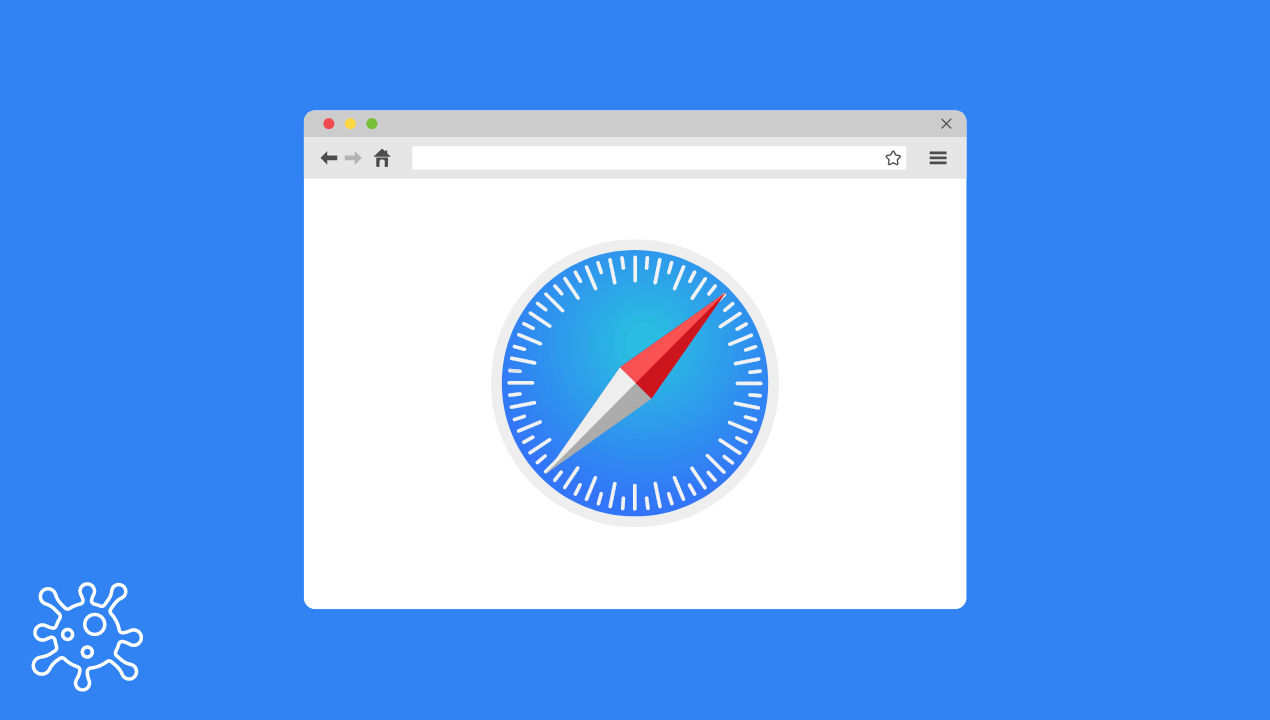The Safari virus is a well-known browser hijacker that has rapidly become a major problem for many users. It bombards you with endless ads, installs unwanted extensions without your knowledge, redirects your homepage to unfamiliar websites, and more. Removing the Safari virus and addressing these issues is crucial. This article provides a guide on identifying, eliminating, and preventing the Safari virus, ensuring your online security.
Recognizing Safari Virus Symptoms
Before tackling the problem, it’s essential to identify the signs of a Safari virus. Common symptoms include:
- Intrusive Pop-ups: Constant and annoying pop-up ads appearing even on websites not known for excessive advertising.
- Homepage Hijacking: Your homepage or default search engine is modified without your permission.
- Sluggish Performance: Safari becomes slow, crashes frequently, or freezes unexpectedly.
- Unwanted Website Redirects: You are redirected to unknown websites when trying to access your usual sites.
- Mysterious Toolbars and Extensions: Unfamiliar toolbars, extensions, or plugins suddenly appear in Safari.
Experiencing one or more of these symptoms suggests your Safari browser may be infected.
Uninstall suspicious apps from your device: Removing the Safari Virus
A practical first step is to remove automatically. Typically, randomly installed applications on your computer are the culprits. These apps can harbor the Safari virus, posing a significant risk if left unaddressed. It’s highly recommended to delete any unfamiliar or unused apps that appeared unexpectedly. After uninstalling them, navigate to the Library folder and remove any associated launch agents and launch daemons related to the deleted apps.
Uninstall unnecessary extensions
Another potential hiding place for the Safari virus is within browser extensions. Some extensions may contain harmful files, posing a threat to your browser and data. The most effective approach is to pinpoint the problematic extension and remove any unused ones. This straightforward method can be highly effective in resolving the issue.
Reset your browser to remove the Safari virus and address security concerns
While potentially more complicated, resetting your browser can be a highly effective solution. This involves resetting the browser and then reconfiguring your preferred settings. While drastic, browser resets are often necessary when dealing with viruses. The full impact of a virus on your computer is unpredictable, making a complete browser reset a potentially vital step in ensuring your online safety.
Employ a cleanup utility
Cleanup tools excel at scanning for malware and removing unnecessary files. Although it may seem insignificant, this process can be highly beneficial in speeding up the cleaning process and improving your system’s performance. Removing unwanted files, including viruses, is crucial for maintaining a healthy and efficient computer. Running virus scans whenever possible offers significant benefits and is highly recommended. Consider utilizing such a cleanup tool regularly for optimal system health.
Implement Regular Data Backups
Regularly backing up your data provides a safety net, enabling quick recovery in case your system is compromised. Utilize Time Machine or alternative backup solutions to create consistent backups of your important files and system settings.
Cultivate Safe Browsing Practices
Developing safe browsing habits is paramount for maintaining a secure online experience:
- Exercise Caution with Suspicious Links: Be wary of links received through emails, messages, or found on unfamiliar websites.
- Download from Trusted Sources: Download software and files exclusively from reputable and trustworthy sources.
- Utilize Strong and Unique Passwords: Create strong passwords, ensuring they are different for each of your online accounts.
Preventing Future Virus Infections
Preventing future infections is equally crucial as removing existing ones. Consider these additional measures to safeguard your Safari browser:
- Activate Two-Factor Authentication (2FA): Enhance your online account security by implementing two-factor authentication.
- Stay Informed: Keep yourself updated on prevalent online threats and methods to avoid them.
- Maintain Software Updates: Regularly update your browser, operating system, and all other software to patch vulnerabilities and protect against the latest threats.
Conclusion
By following these tips and utilizing the recommended tools, you can effectively remove the Safari virus and secure your browsing experience. This type of virus poses a serious threat to your device, potentially compromising your data and privacy. This guide provides valuable insights and practical advice to help you combat the Safari virus effectively. Remember that viruses can be detrimental, potentially recording and sharing your personal information and even granting unauthorized remove access. Identifying and removing viruses is paramount to ensuring your online safety and protecting your valuable data.
